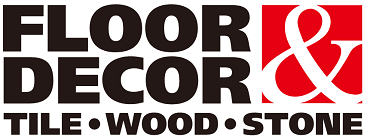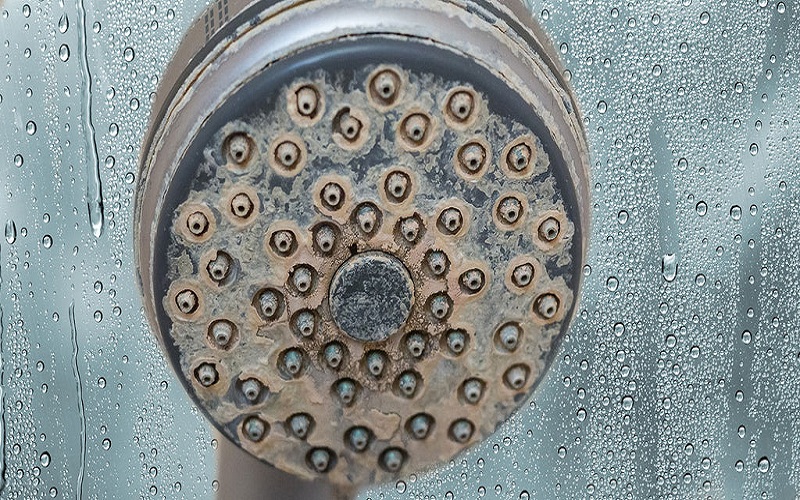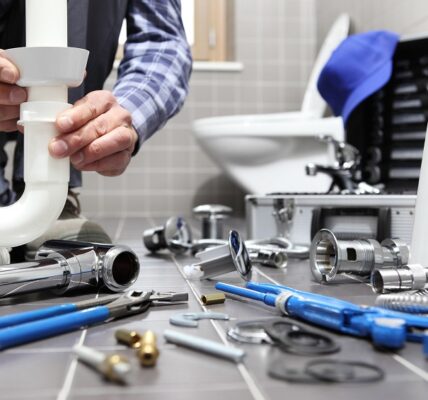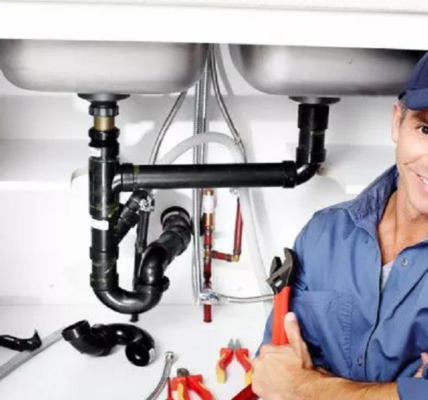1,010 Views
Hard water is a common issue faced by many homeowners, causing various challenges in daily life. Here’s everything you need to know about dealing with hard water, with insights from a plumber in Huntersville, NC.
What is Hard Water?
- Hard water has high levels of dissolved minerals, especially magnesium and calcium ions.
- These minerals accumulate in water as it passes through soil and rocks, particularly limestone and chalk.
Signs of Hard Water
- Soap Scum: Effective lathering and rinsing is hampered by soap scum, a sticky residue that forms when soap and hard water combine.
- Limescale Buildup: Calcium deposits, or limescale, can accumulate on faucets, showerheads, and other plumbing fixtures, causing blockages and reducing water flow.
- Dry Skin and Hair: The minerals in hard water can strip moisture from the skin and hair, leaving them feeling dry and brittle.
- Stained Fixtures: Hard water can leave unsightly stains on sinks, toilets, and bathtubs, which can be challenging to remove.
The Impact of Hard Water on Plumbing Systems
- Pipe Blockages: Over time, limescale buildup can lead to clogged pipes and reduced water pressure, affecting the efficiency of your plumbing system.
- Appliance Damage: Appliances like dishwashers, washing machines, and water heaters can sustain damage from hard water, which shortens their lifespan and decreases their efficiency.
- Increased Energy Costs: Appliances affected by hard water may require more energy to operate efficiently, resulting in higher energy bills.
Dealing with Hard Water
Water Softening Systems:
- Put in a water softener to rid your water supply of calcium and magnesium ions.
- Utilizing ion exchange technology, water softeners produce softer water by substituting sodium or potassium ions for calcium and magnesium ions.
Descaling Agents:
- Use descaling agents to remove limescale buildup from plumbing fixtures and appliances.
- These agents dissolve the mineral deposits, restoring the efficiency of your plumbing system and appliances.
Regular Maintenance:
- Schedule regular maintenance checks with a plumber to identify and address any issues caused by hard water.
- Your plumbing system and appliances can last longer with regular maintenance, which may help save on expensive repairs.
Water Filtration Systems:
- Consider installing a whole-house water filtration system to remove impurities and contaminants, including minerals, from your water supply.
- Water filtration systems can improve the overall quality of your water and reduce the negative effects of hard water on your plumbing system and appliances.
Conclusion
Dealing with hard water can be challenging, but with the right strategies and solutions, you can minimize its impact on your home and plumbing system. By understanding the signs of hard water, its effects on plumbing systems, and effective methods for dealing with it, you can ensure the efficiency and longevity of your plumbing system and appliances. If you’re experiencing issues related to hard water, consult with a plumber in Huntersville, NC, for expert advice and solutions tailored to your needs.



